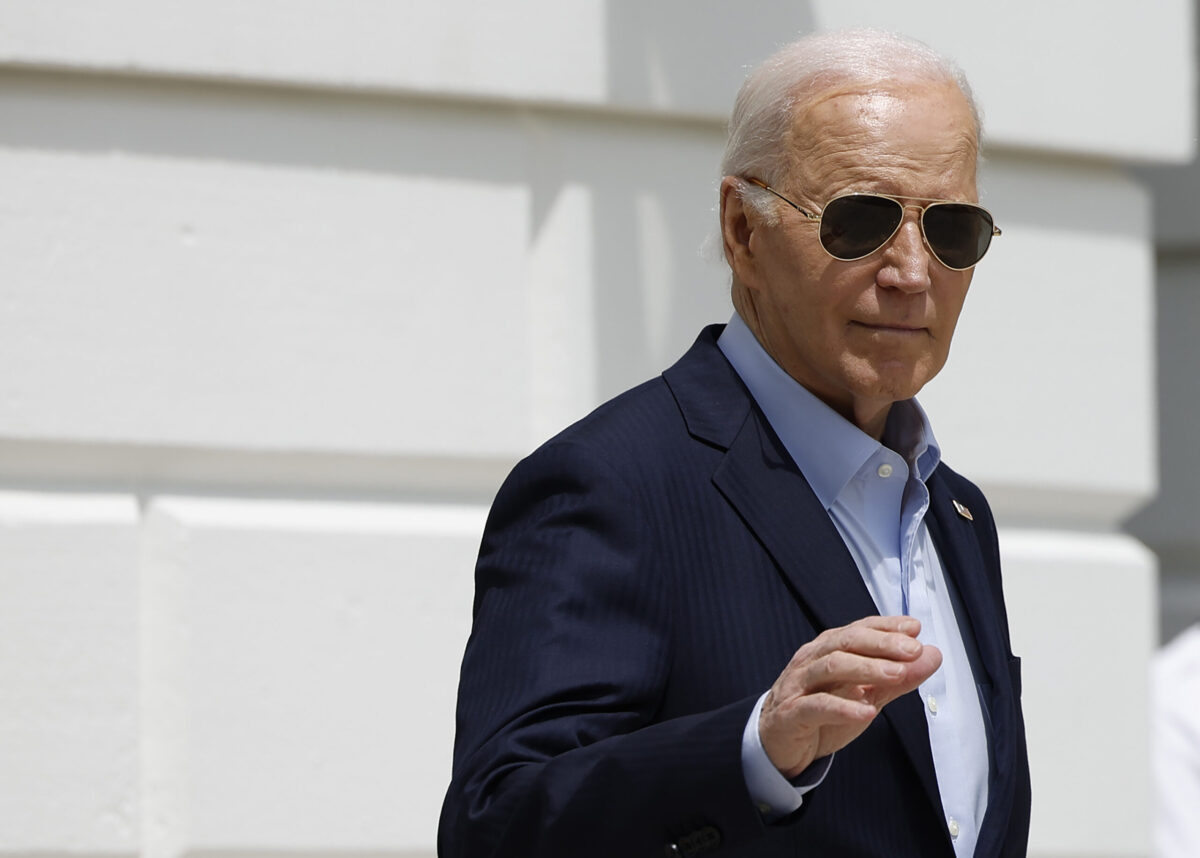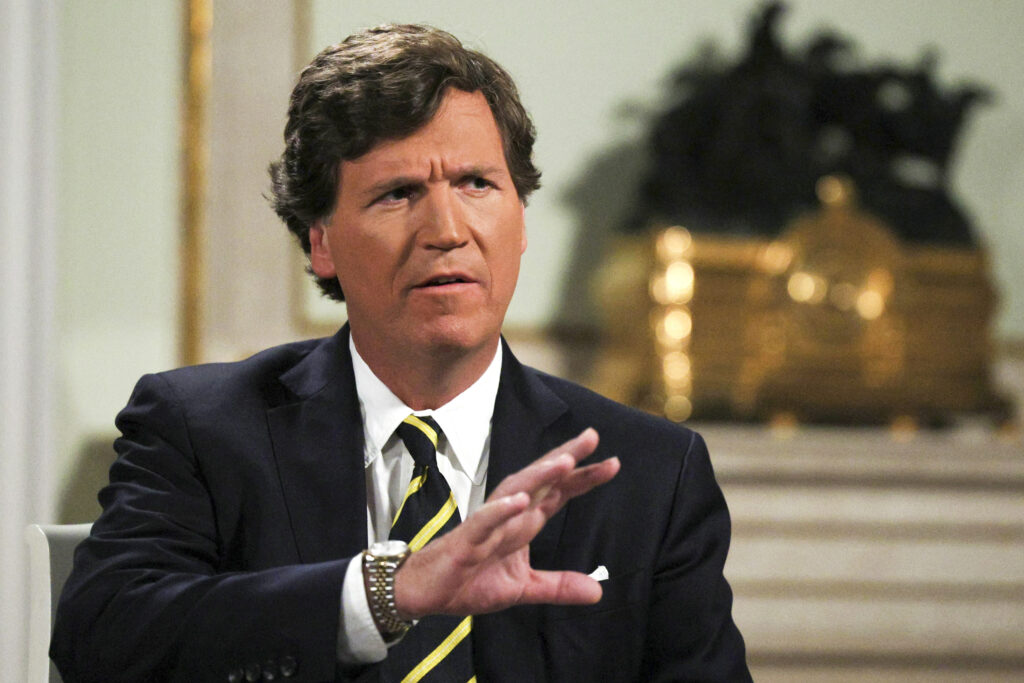Major Financiers Warn Fed May Spike Interest Rates
Two of the major players in the financial industry warned that the U.S. is on the verge of a recession and that the Federal Reserve might well raise the interest rate from its current 3-3.25% all the way to 4.5-4.75%.
David Solomon, CEO of Goldman Sachs, and Jamie Dimon, the chairman and chief executive of JPMorgan Chase, spoke on Tuesday at a conference in Saudi Arabia.
“If they don’t see real changes — labor is still very, very tight, they are obviously just playing with the demand side by tightening — but if they don’t see real changes in behavior, my guess is they will go further,” Solomon said of the Fed. “And I think generally when you find yourself in an economic scenario like this where inflation is embedded, it is very hard to get out of it without a real economic slowdown. The U.S. is most likely going to have a recession.”
“American consumers, eventually the excess money they have is running out,” Dimon predicted. “That will probably happen sometime mid-year next year, and then we will know more about what is going on with oil and gas prices and that kind of thing, so we will find out. … there is a lot of stuff on the horizon which is bad, and could — not necessarily, but could — put the United States in a recession.”
In early September Fed Chair Jerome Powell declared, “We’ve got a dual mandate—maximum employment and price stability—and it comes down to: Is nominal income [GDP] targeting the best way to promote that? We don’t think it is; I don’t think it is.”
“The basic idea behind nominal income targeting is that the central bank would establish a target growth rate for nominal income in the economy (as measured by, for example, nominal GDP),” Joshua Hendrickson of George Mason University stated. “When nominal income is below its target, the central bank would engage in expansionary monetary policy by increasing the money supply.”
“Powell is concerned that estimates of the trend growth of output are ‘highly uncertain’ and that a decline in trend growth would require higher inflation,” James A. Dorn of the Cato Institute explained. “Thus, under a nominal gross domestic product (NGDP) target, he thinks there would be communication issues’ as well as ‘big chances of policy error because we just don’t know any of the starred variables’ (e.g., the equilibrium values of real output, employment, and interest rates).”
Clive Crook of Bloomberg opined, “The Fed can’t control how much growth in NGDP is from higher real output and how much is from higher prices, the quantities it cares about. Using NGDP as an intermediate target to guide monetary policy recognizes this,” Dorn noted.
" Conservative News Daily does not always share or support the views and opinions expressed here; they are just those of the writer."





